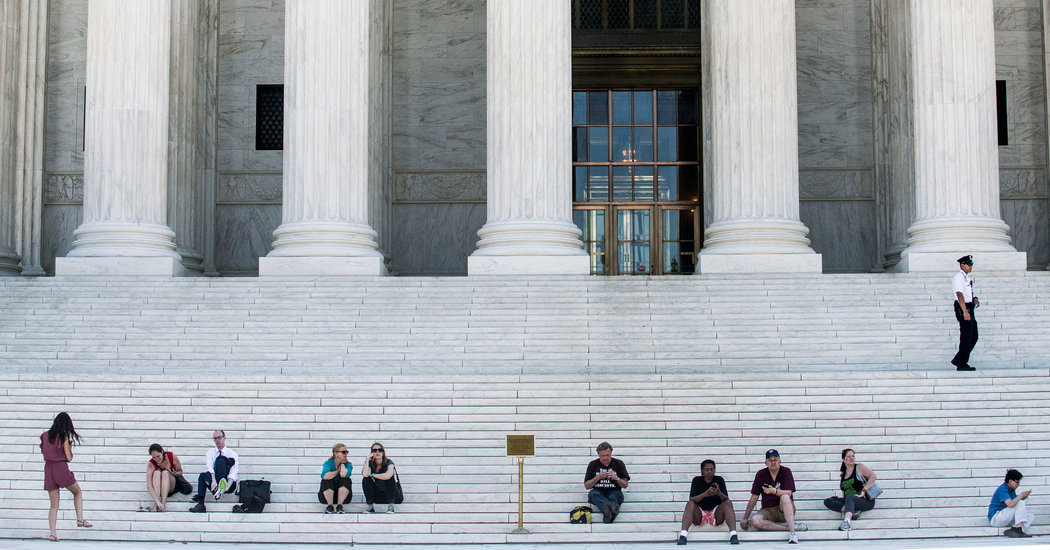Failure To Properly Evaluate The Fourth Amendment Implications 0n aUtah DUI Case
First and foremost, any time a citizen is stopped, the Fourth Amendment is implicated. This fine piece of legal machinery is only useful however, if the citizen moves to enforce their rights. Surprised? People are often shocked to discover that perhaps the biggest legal protection they possess is not self-enforcing. Yes, this means that even if you are stopped illegally, that unless you move to suppress the evidence – the Court and prosecutor will go right on and accept your guilty plea and sentence you along with everybody else. You don’t just get to point the illegality out, you need to argue why the law applies to you and why the exceptions to the rule do not apply. And if you are really astute, you’ll immediately realize that your chances of suppressing evidence gathered as a result of an illegal stop, without using legal counsel, is next to impossible.
In Utah, the abuse of the Fourth Amendment by the police is the single most important reason that a defendant should seek legal counsel. Perhaps due to the Mormon influence (just a guess), people who party in Utah stand out like glowing embers to the police departments, and as a corollary, so do their cars. Thus, perhaps more than any other state in the nation, Utah has a large percentage of what we like to call “bogus” stops. Simply put, a bogus stop describes a situation where a police officer targets a car, and ultimately stops it because he has a hunch that it contains a driver who parties. Here’s an example; a Subaru wagon with ski and bike racks, replete with anti-Bush bumber stickers and air fresheners hanging from the rear view mirror. Yes, that is pure profiling, but under a Supreme Court case, as long as the officer has a substantive traffic violation – he can pull over the car, and you can guess what follow from there.
The silver lining is that these kind of stops tend to make Utah officers a bit lazy, perhaps because the majority of people do not fight back (or can’t afford to), and subsequently, sometimes their general handling of the DUI case suffers as a result. To give you harder numbers, in our last hundred cases that we believe are fairly representative of first time DUI’s, there was a Fourth Amendment violation almost 35% of the time, and about half of those cases were ultimately suppressed or dismissed by the judge. That may not sound like great odds, but consider that your chances of being found guilty if you so plead are exactly 100%; so we’d argue anything is better than that.
